English has a vast lexicon and there are only a few other languages that surpass its large vocabulary. According to the Oxford English Dictionary, English contains an estimated 171,476 words and 47,156 obsolete words. However, many of the words we currently use today may not appear in the dictionary quite yet. Languages are constantly evolving and slang plays a part in the words we use today.
While it may not be possible to predict the exact amount of English words we presently use, we do know that this language draws from Germanic, Latin, Greek, and over 350 other language roots. New words get added to English every year. (For instance, here are 30 words that didn’t exist 30 years ago.) Given its large size and diverse origins, English can be confusing, and filled with ambiguities and words that are easily misused or misunderstood.
Like most languages, English evolves with time, and word meanings can change. For example, “nice” used to mean foolish, and “awful” meant awe-inspiring. More recently, “hopefully” has come to mean “it is to be hoped,” though it originally meant “with hope.” (These are 36 old words we use today but with new meanings.)
Here are words that don’t mean what you think
Contingency
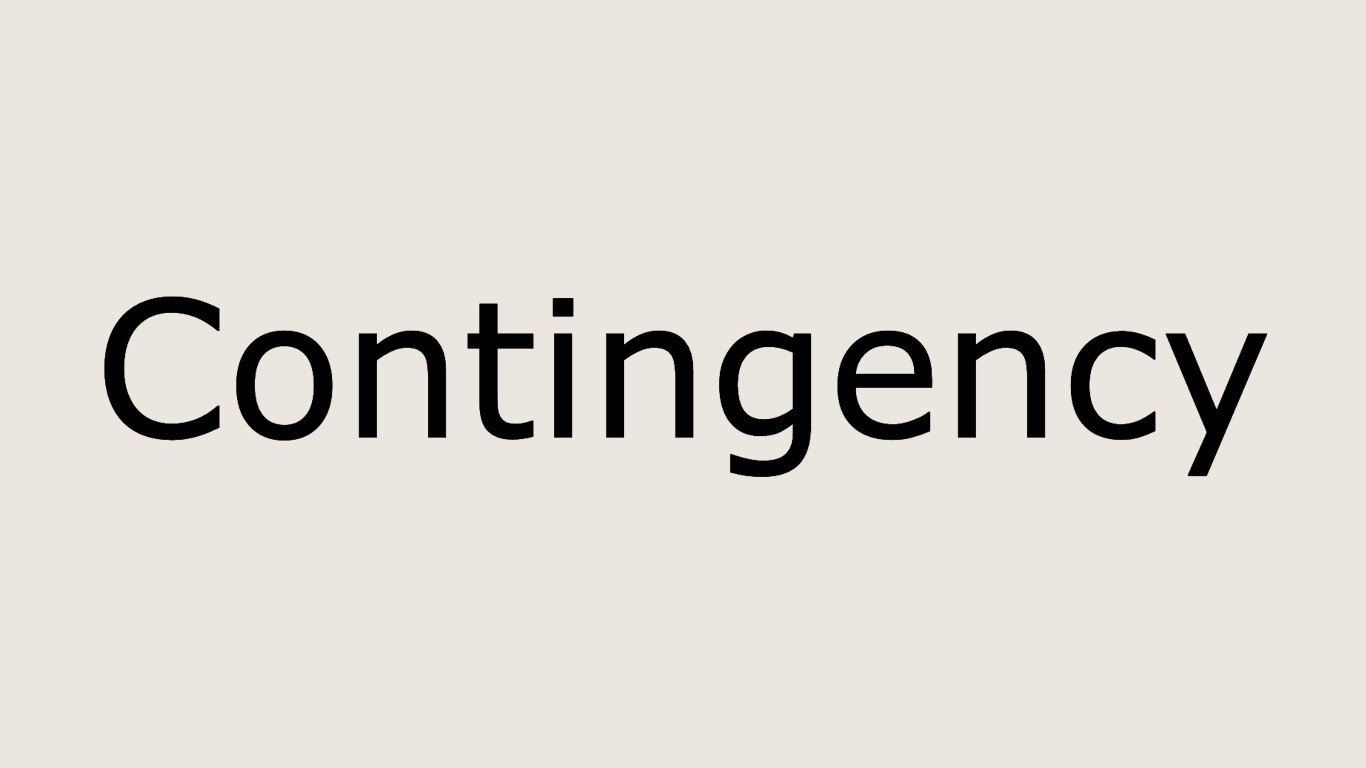
There’s no such thing as “a contingency of experts,” “of French chefs,” “of Chinese ministers,” or the like. A contingency is something that might happen (“We must prepare for every contingency”). A group of people is a contingent.
Disinterested

If you’re not interested in something, you’re uninterested. “Disinterested” means that you have no direct stake in something, financially or in some other sense. A judge in a courtroom should always be disinterested in the proceedings, though they may interest him very much.
Exhibit

If you go to the museum to see a Picasso exhibit, you’re just seeing one painting or print or whatever. An exhibit is a single item. Think “Exhibit A.” An exhibition is a whole collection of exhibits, which is probably what drew you to the museum.
Flagrant
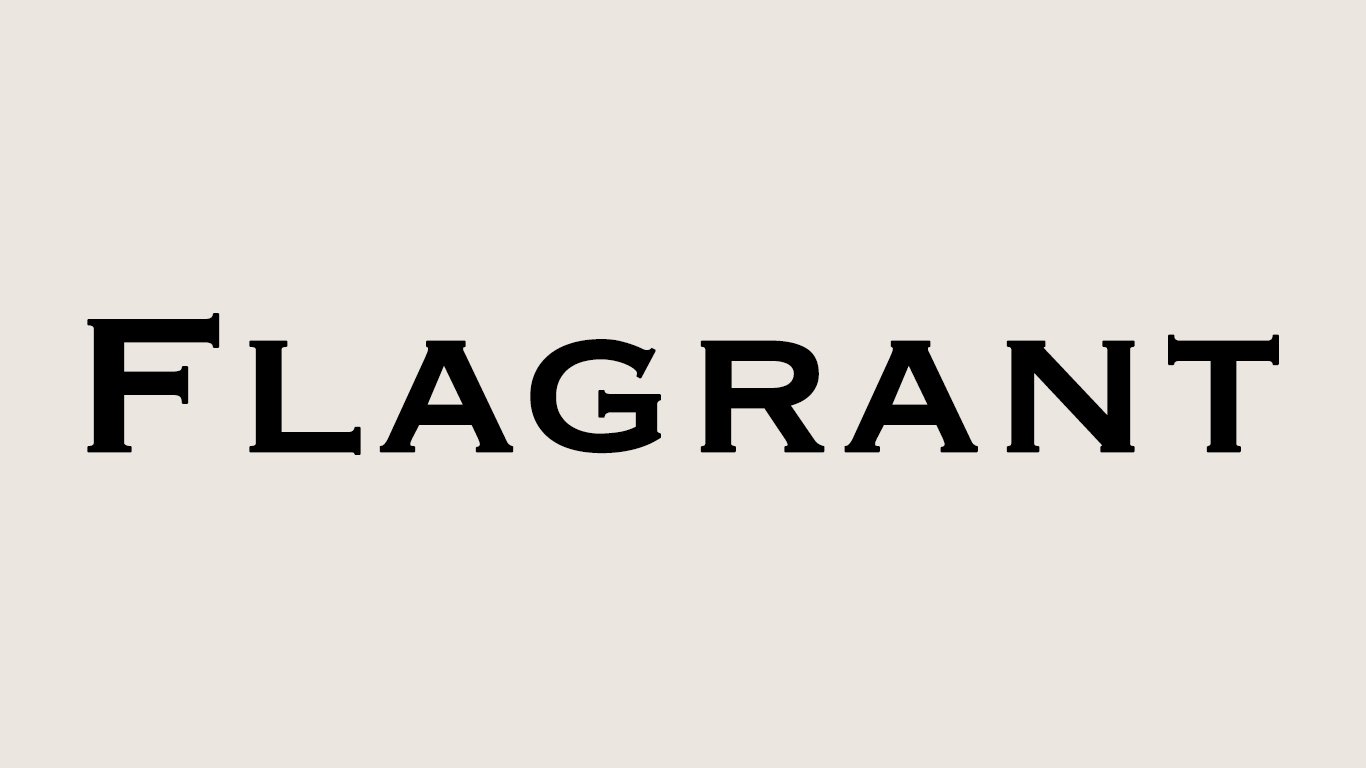
People use “flagrant” to mean obvious, as in “a flagrant error” or “a flagrant invitation.” It means something stronger than that, though — not just obvious but particularly offensive or objectionable. The aforementioned error and invitation are more correctly “blatant.”
Further

San Francisco isn’t further from New York than Boston is and you didn’t run further than you should — it’s “farther” in both cases. “Farther” refers to physical distance, “further” to non-physical or metaphorical ones (“Let’s not take this argument any further,” “It is further stipulated.”)
Infamous
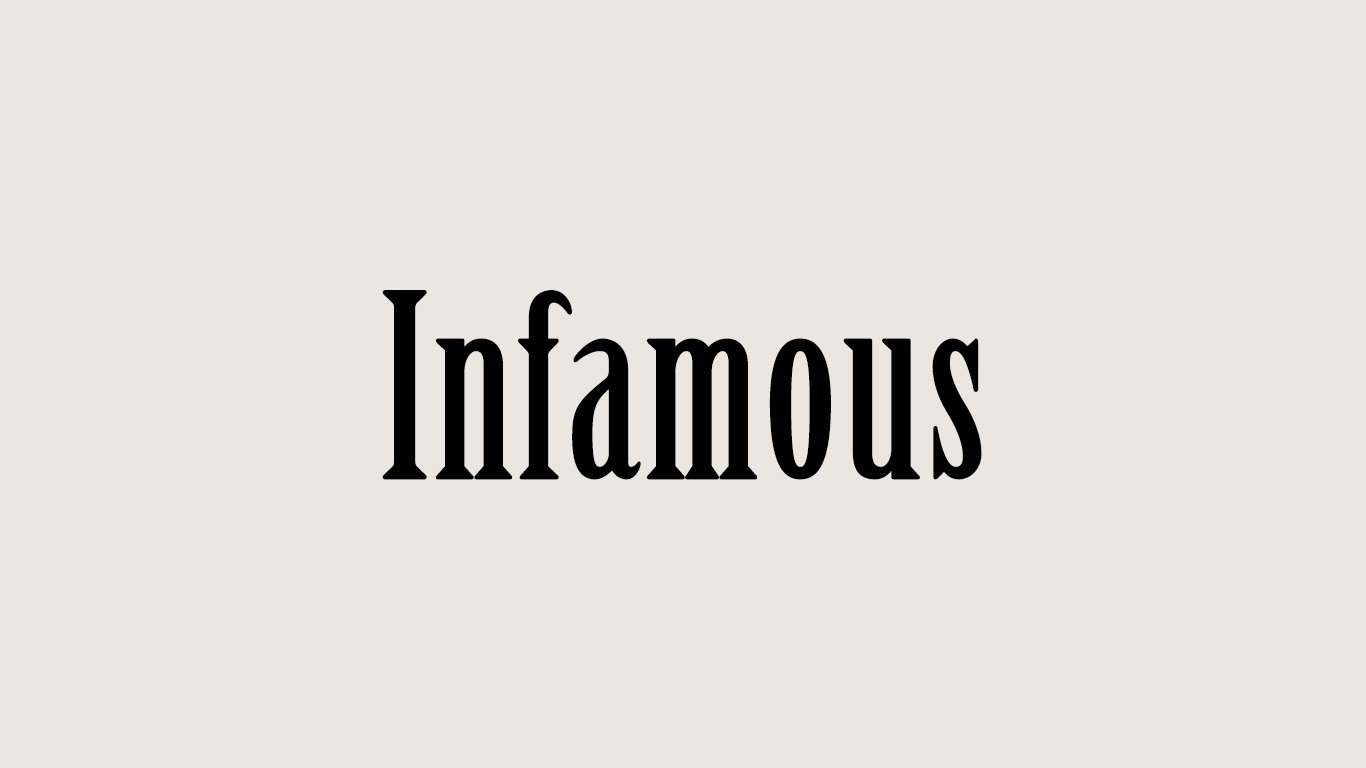
This adjective gets applied to all kinds of things these days — “The restaurant’s infamous chocolate cake,” “The team’s infamous victory over their rivals,” and so on — when what people mean is “famous” or “celebrated.” “Infamous” isn’t a compliment: It means disgraceful or having a bad reputation.
Insure

You can’t insure that something bad won’t happen. You can insure yourself — that is, buy insurance — so that you’ll be compensated if something bad does, but what you want to try to do is ensure that something bad won’t happen. “Ensure” means to guarantee or make certain; “insure” means to buy insurance or otherwise indemnify.
Notorious
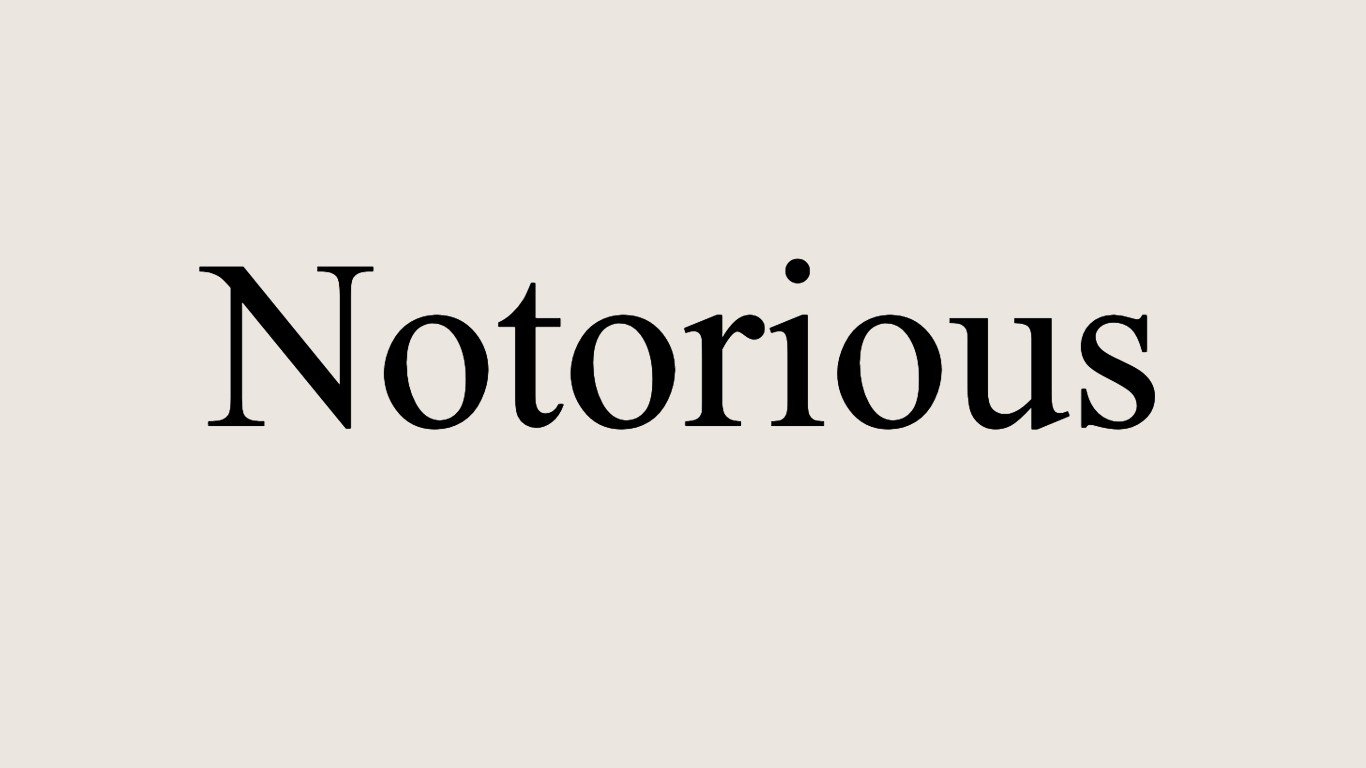
See “infamous,” above. “Notorious” sometimes gets used in the same way (“The restaurant’s notorious chocolate cake.”) But it doesn’t just mean famous — it means famous in a bad way, or known unfavorably.
Penultimate
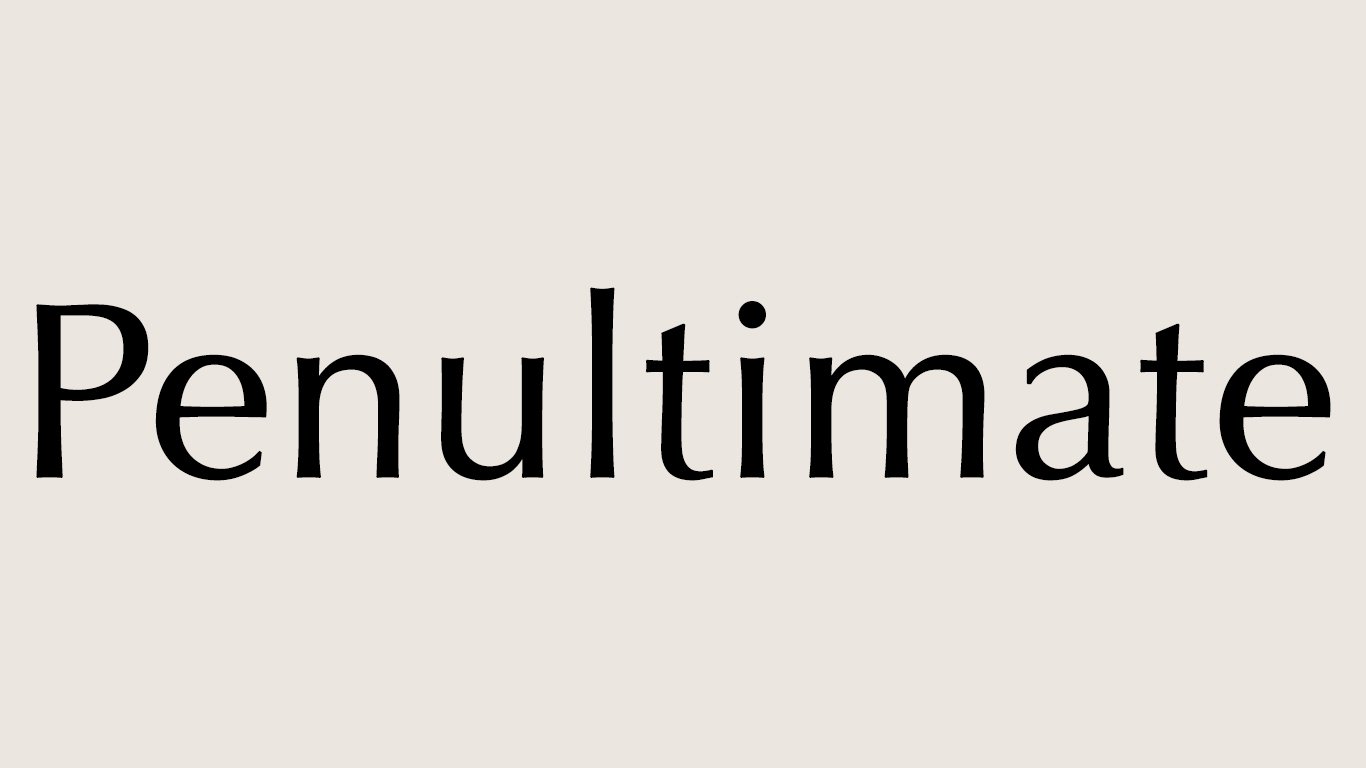
This is the penultimate word in this list. And, no, it’s not the last one. The last word is the ultimate one; “pen-” is a Latin prefix meaning “almost,” and “penultimate” means second-to-last.
Tortuous
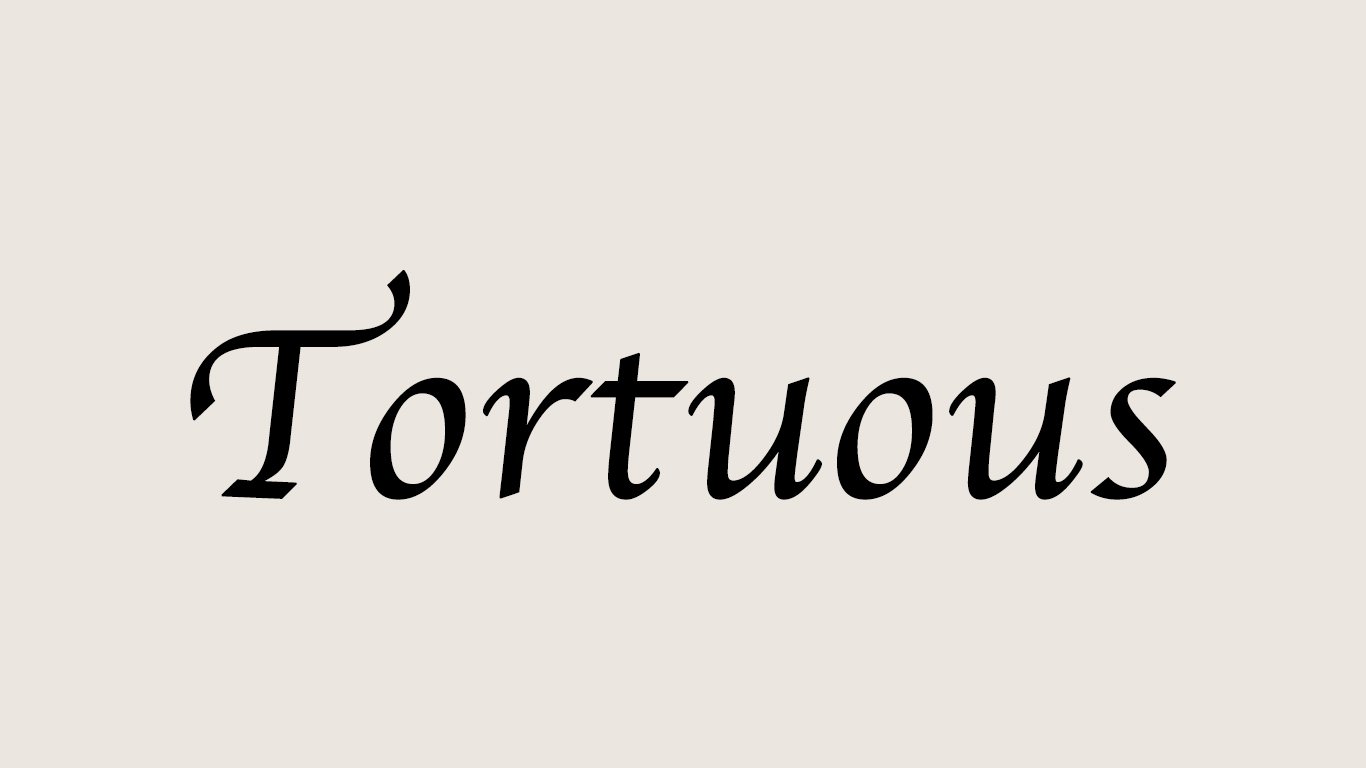
It sounds like something that tortures you, but that would be “torturous.” “Tortuous” means winding or twisting, like a road that curves up a mountainside.
